Blackbody v.2A six chapter conjecture on the mental struggle of striving for the best noise floor
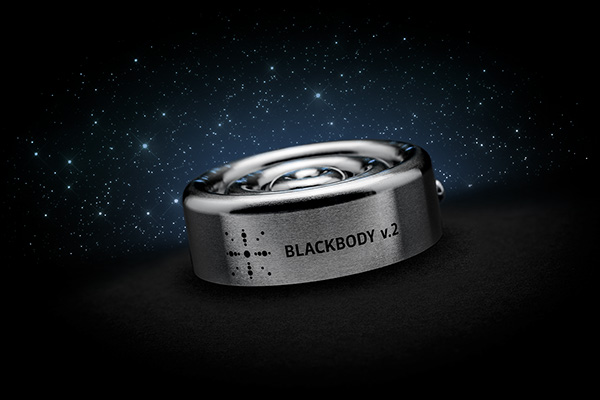
Probably, everyone will at first find the Blackbody v.2 a strange item. And, probably, everyone will be asking what purpose it serves in the first place. Its goal is to mitigate some of the sources of low level distortion which plague the advanced audiophile's listening experience. If you do not consider yourself an advanced audiophile, you may not expect it to be possible that there can be much to be gained. The Blackbody v.2 brings enhanced functionality to an already performing system. The better and more sensitive the performance of the system, the more evident will be the performance of the Blackbody v.2. Do I need it?You can liken the need for the Blackbody v.2 to the need of a musician for a choice instrument. Only the insider is truly interested in nuance. The level of musicianship presently achieved will determine the ultimate level of need for a better, more nuanced and capable, instrument. When you hear an experienced luthier speak of how an antique master's instrument seems to have taken on some qualities of all the musicians who have played it in the past, if you have no direct experience with such sensitivities yourself, you will inevitably be bewildered how this can even be. Your object-oriented view of the world is limited such that this realm of discussion will have no direct meaning to you. But an experience-oriented view of the world can put you in a position to appreciate it along with those who also share in the experience. It's not that everybody is insane; it's merely that their sanity is fortified with direct experience, so the conversation is now esoteric in the sense that it is only comprehensible to those who have direct experience. At this point I refer you to this video where some classical guitars are compared and contrasted by people with various levels of said experience. 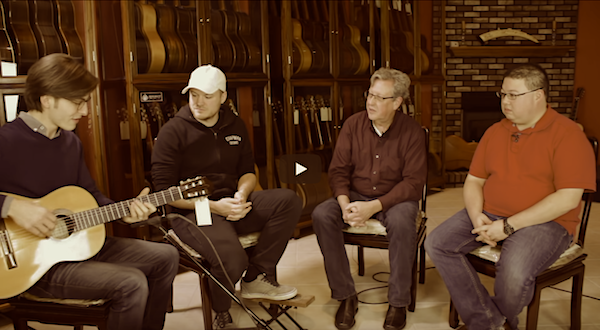
The entire video is interesting. Relevant to our discussion, though, I'd point out these two moments: 03:22 → “Therefore, they never really sound all that great because they're pristine, untouched and never played.” 18:48 → “One of the things that we found about these old instruments that have been played a lot, especially been played by great players, is the instruments learn the music. The better the players that have had it, the more times it's been taught to play it.” An experienced musician will wholeheartedly agree, and not only agree, but also relate to this while playing the revered instrument themselves. You can see this and perhaps relate to it in the video. This is all to say that there is an audience for certain experience-based sensitive subjects. They will already be on the cusp of personal discovery, eager to know more, will delve in, and reap benefit from the nuance in question, whereas there will be others who begin as inexperienced skeptics, want nothing of it, and remain skeptical. Who is this for?This material is intended for those who have already made considerable advance in their personal audio playback journeys. It is not intended for those who are still questioning such fundamental aspects such as the seeming impossibility of cable design to influence sonic outcome after conversion of electromagnetic energy to acoustical energy through a motor driver. In our luthier example from before, they would be the ones still learning to hold and tune the instrument and to grip their first chord combinations. Many years of practice later they may come into intense confrontation with sublime notions such as tonal quality, balance throughout the range, details of string and wood composition, and the highly specific and daily changing structure of their own fingernails. So, in this way, I hope to have informed the disinterested public and am left with those who may find interest in this (to us experienced audiophiles) exciting new realm of discovery with regard to audio performance. If you are not one of those experienced audiophiles, you may nevertheless find it interesting to follow the mental struggle of discovery as you see how we seek to connect the dots. As we advance in this art, the more we care about it, the more we realize, eventually, that every little detail of an audio system has some influence on the resulting sound quality. In our own quest towards the perfection of audio playback, we have gone through many experiments and considerations. Some of these processes and considerations are depicted in summary form below. Continue to page 2. |
- Products
- Power Cables
-
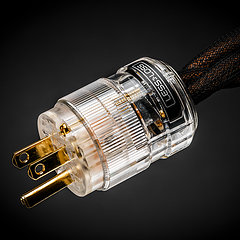 C-MARC™ Prime
The must have foundation for any sound system today.
From
$
486
C-MARC™ Prime
The must have foundation for any sound system today.
From
$
486
-
 C-MARC™ Classic
The unique super-cable power cord everyone's talking about.
From
$
1148
C-MARC™ Classic
The unique super-cable power cord everyone's talking about.
From
$
1148
-
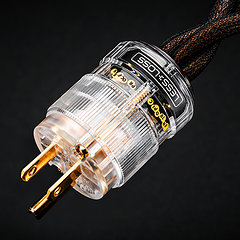 C-MARC™ Classic Entropic Process
The peerless, advanced Classic masterpiece.
From
$
1934
C-MARC™ Classic Entropic Process
The peerless, advanced Classic masterpiece.
From
$
1934
-
 C-MARC™ Stellar Entropic Process
The crown jewel for highest performance power connection.
From
$
2450
C-MARC™ Stellar Entropic Process
The crown jewel for highest performance power connection.
From
$
2450
-
- Loudspeaker Cables
- Interconnect Cables
-
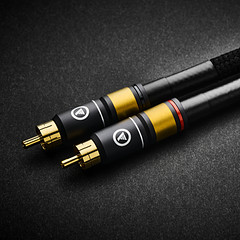 RCA C-MARC™
Cotton-clad true Litz • Whopping 2.3mm2 polarities
From
$
850
RCA C-MARC™
Cotton-clad true Litz • Whopping 2.3mm2 polarities
From
$
850
-
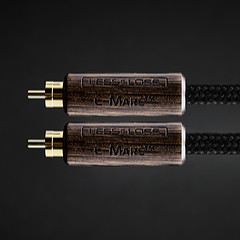 RCA C-MARC™ Entropic Process
Our finest RCA cable • Polished Wenge barrels
From
$
1428
RCA C-MARC™ Entropic Process
Our finest RCA cable • Polished Wenge barrels
From
$
1428
-
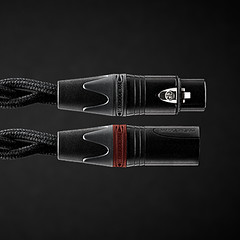 XLR C-MARC™
A hand-braided cotton-clad unique Litz construction
From
$
950
XLR C-MARC™
A hand-braided cotton-clad unique Litz construction
From
$
950
-
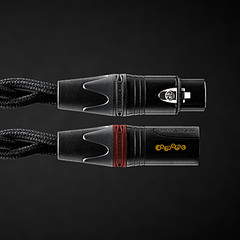 XLR C-MARC™ Entropic Process
Stratospheric performance for the audio connoisseur
From
$
1615
XLR C-MARC™ Entropic Process
Stratospheric performance for the audio connoisseur
From
$
1615
-
- Digital Cables
-
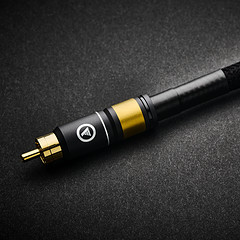 RCA Digital C-MARC™
Cotton-clad unique Litz design • Made only by LessLoss
From
$
510
RCA Digital C-MARC™
Cotton-clad unique Litz design • Made only by LessLoss
From
$
510
-
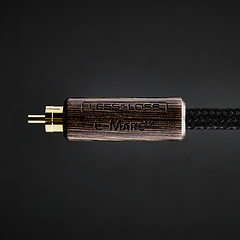 RCA Digital C-MARC™ Entropic Process
Possibly the most subtle digital cable on the planet
From
$
858
RCA Digital C-MARC™ Entropic Process
Possibly the most subtle digital cable on the planet
From
$
858
-
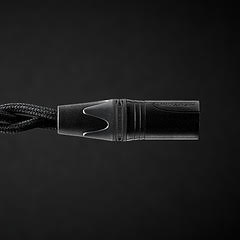 XLR Digital C-MARC™
Featuring a whopping 3 x 2.3mm2 Litz construction
From
$
570
XLR Digital C-MARC™
Featuring a whopping 3 x 2.3mm2 Litz construction
From
$
570
-
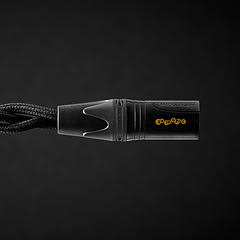 XLR Digital C-MARC™ Entropic Process
Stratospheric performance for the audio connoisseur
From
$
969
XLR Digital C-MARC™ Entropic Process
Stratospheric performance for the audio connoisseur
From
$
969
-
- Grounding Cables
- Bulk Wire and Cable
- Signal Conditioners
-
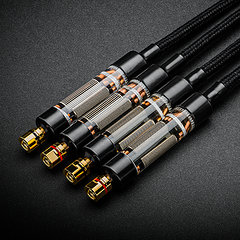 Firewall for Loudspeakers
Firewall for Loudspeakers
C-MARC™ Plug-and-Play Speaker signal conditioning like you've never imagined From $ 1656 -
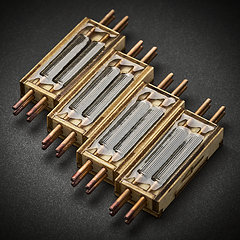 Firewall for Loudspeakers
Firewall for Loudspeakers
DIY version for Self-Installation For the Do-It-Yourself project enthusiast • Solder yourself From $ 800 -
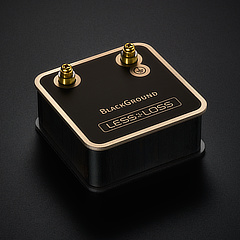 BlackGround DIY
Voltage-ground interface for a variety of applications
From
$
446
BlackGround DIY
Voltage-ground interface for a variety of applications
From
$
446
-
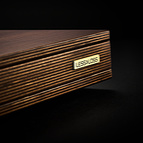 BlackGround 8x/10x Speaker Base
Plug-and-play loudspeaker signal conditioner
From
$
3096
BlackGround 8x/10x Speaker Base
Plug-and-play loudspeaker signal conditioner
From
$
3096
-
- Power Conditioners
-
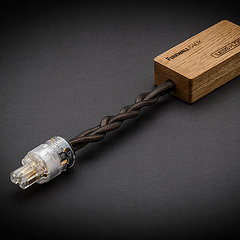 Firewall 640x
Plug-and-play solution for any powered gear
Firewall 640x
Plug-and-play solution for any powered gear
C-MARC™ Entropic Process and standard lead versions From $ 654 -
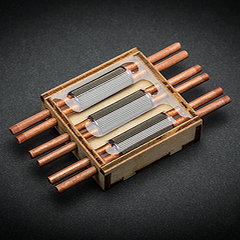 Firewall 640x DIY for Self-Installation
Self-solder and save!
From
$
320
Firewall 640x DIY for Self-Installation
Self-solder and save!
From
$
320
-
 BlackGround DIY
Voltage-ground interface for a variety of applications
From
$
446
BlackGround DIY
Voltage-ground interface for a variety of applications
From
$
446
-
 BlackGround 6x/10x Power Base
Plug-and-play power conditioner
From
$
2350
BlackGround 6x/10x Power Base
Plug-and-play power conditioner
From
$
2350
-
- Power Distributors
- Equipment Feet
- Field Conditioner
- DACs
- Power Cables
- Reviews
- This is definitely the cable to go for. It will almost literally blow your mind. – March 2012, Puresound Magazine
-
I was intrigued by the unanimously positive reviews garnered by these products ...
– by user Raymond Eye
Leaves you speechless
Sensational cables
BEST purchase I've made
Top notch performance
It's a steal
Musical... liquid... 3D
It's not subtle
More than an upgrade
Best I've heard so far
Stellar service
Sounds like a new system
Much more lifelike
Emotional flow
Overwhelming results
More dimensional
Sound is transformative
We were all astounded
Transformed my listening
Sounds so cohesive
Emotionally engaging
- Where to Start
- Free Newsletter
- Newsletter Archive
- B-Stock Alerts
- Shopping Tools
-
Shipping
- Free Shipping Learn about our international shipping policy
-
Return Options
Our satisfaction guarantee
and return policy -
Customs / Tax
UPS expedites local
customs clearance
-
Transaction
- Conditions of Sale Agreement for a smooth business transaction
- Privacy Policy We pledge to keep your information private
-
Terms of Use
Business policies
and agreements
-
Account
-
- Contact Us
-
Meet the Designers
-
- Care to share of your personal experience with our products? We'd be happy to post it!
- Want to learn more about our activities? Our Newsletter is both free and spam-free.
hi-res photos, brochures
logos, press releases, and
print-friendly PDF downloads. -
Contact Us
Connect with Us
-
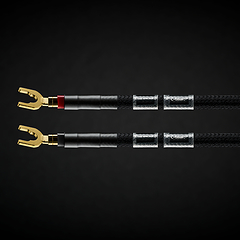
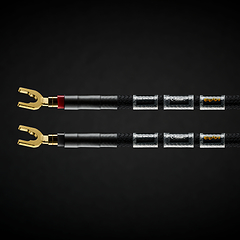
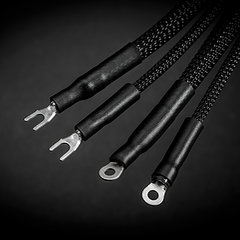
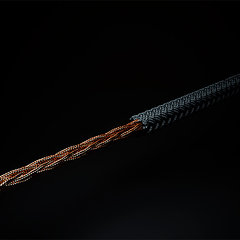
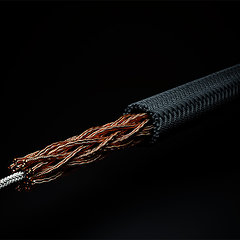
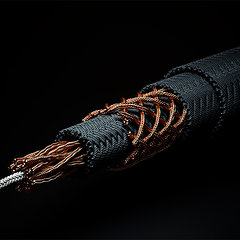
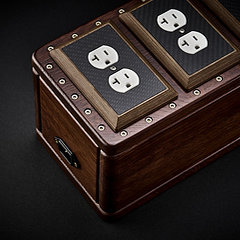
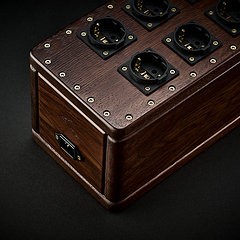

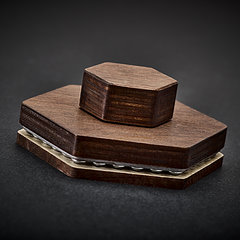
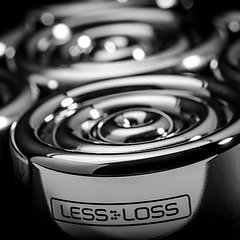
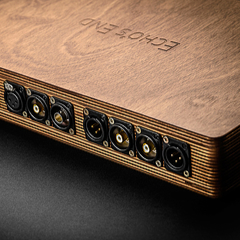
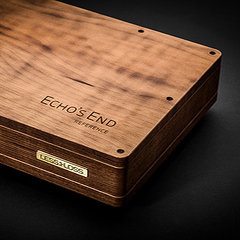
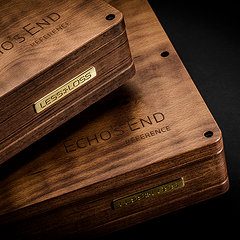
 Beware of Fakes
Beware of Fakes
